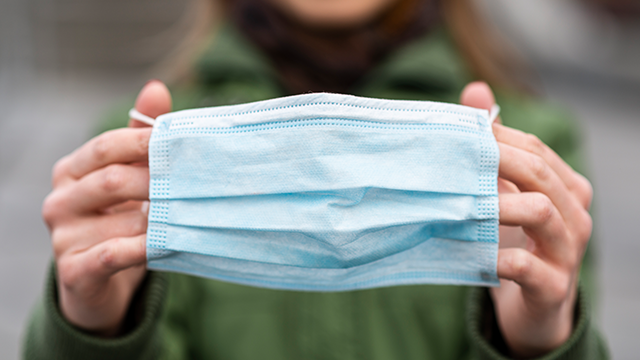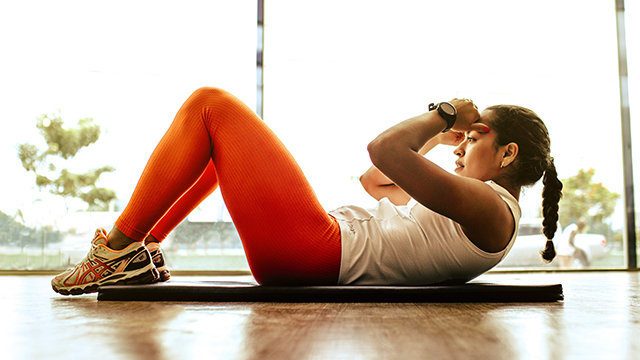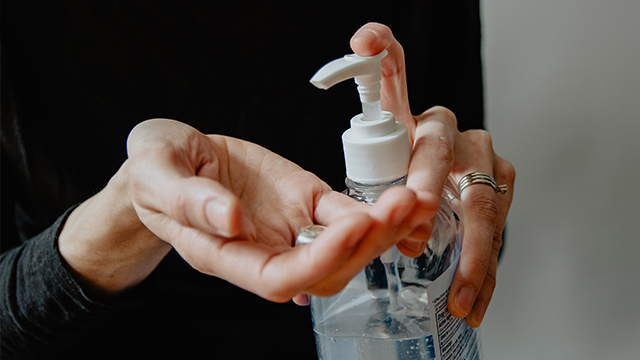As the Coronavirus rampages across the globe and people are increasingly confined to their homes in order to ‘flatten out’ the infection curve (while Singapore rolls out ‘Circuit Breaker’ initiatives to halt the spread) and allow medical services to catch their collective breath, stress is becoming an increasingly prevalent problem for all of us.
The Signs are Clear
As people are limited in their social interactions to activities in the online world and as news reports become increasingly alarming, there are signs that the mental capacity of many to cope with stress is becoming frayed. Add to this the fact that many are confined with increasingly bored children and it becomes clear that they will be seeking ways in which to cope with the stress.
When faced with unprecedented levels of stress, human beings will attempt to find coping mechanisms – and in places like the United States those coping mechanisms are not always healthy.
Coping with Stress
A perfect example of how stress is affecting consumers in the U.S. can be found in alcohol sales. The latest figures are alarming, to say the least. According to research by Nielson, sales of hard alcohol such as tequila and gin have spiked by 75% compared to March of 2019. Wine sales have increased by 66%, beer sales by 42% and overall online alcohol sales surged by 243%. It is clear that the approximately 250 million Americans under what can roughly be characterised as ‘house arrest’ are feeling the strain – and self-medicating to cope.
Although alcohol consumption figures for Singapore are currently not available it seems that increased alcohol consumption is becoming a global problem for countries where self-isolation is common.
Aside from stress, alcohol consumption weakens the immune system. On March 26, the World Health Organisation released a report outlining the effects of excessive alcohol consumption, saying it is an “unhelpful coping strategy” during the pandemic. Stress is telling in other ways. The lockdown is essential to flatten the curve of infection. However, more and more people are choosing to ignore the regulations surrounding self-isolation. They simply are suffering from a version of ‘Cabin Fever’. This is endangering not only their lives but the lives of those around them – and the residents of cities across the world. We need to pay heed to the regulations set in place by the Ministry of Health, especially seeing that a second wave of infections seems to be gathering pace around the world.
Another example of just how stress is having an adverse effect on people during this period where much of the world is under lockdown is in rising instances of domestic abuse.
In the United Kingdom, the Respect Phoneline (an organisation focused on domestic abuse) reported a 26.86% increase in calls in the week starting 30 March (when compared to the previous week). These calls were from perpetrators wishing to change their behaviour. The organisation’s website recorded an increase in hits of 125%.
These are only a few examples of the way in which the Coronavirus is affecting people’s mental wellbeing. It is clear that some form of stress relief is urgently needed.
Is there an Alternative to Medication in Order to Cope with Stress?
It is well known that exercise can help people cope with stress. In Singapore, gyms are now closed as the island expends every effort to bring the Coronavirus under control. It is now time to ‘shelter in place’ – and that place is your home. While at home you should be engaging in moderate levels of exercise (don’t overdo it). Continuing to exercise will help you maintain an optimum level of endorphins in your brain (endorphins are your feel-good neurotransmitters) – and that can have an extremely positive effect in reducing stress and anxiety. The secretion of endorphins also boosts self-esteem and improves sleep patterns which can be severely impacted by stress. Don’t give up on exercise – but at the same time now is not the time to push yourself. Try and maintain your current levels of fitness in anticipation of your return to the gym.
Conclusion
It’s clear that exercise can help people cope with the stresses of self-isolation. Not only does it provide an escape from the everyday worries of self-isolation – but the secretion of endorphins (chemicals in the brain that lead to a feeling of wellbeing) is tremendously powerful. So, in order to better cope with stress during this period, exercise is extremely important. Those who choose to exercise will enjoy the benefits of a healthier, stress-free lifestyle.
The Ministry of Health has instructed gyms across the island to close – a necessary measure as the virus continues to spread. However, at the same time, it has also issued guidance that advises Singapore residents to focus on their fitness by taking the time to exercise within the confines of their own home. At The Loft Gym, we would like to echo this advice. The lockdown will not last forever – keep those fitness levels up and exercise to help deal with stress and allow you to get back to gym feeling refreshed and ready for the next step on your journey to fitness and a great quality of life.
It is apparent that the government and vast majority of Singapore citizens are doing everything in their power to ensure that the Coronavirus threat will pass– and when that happens, it will be time to hit the gym again. However, just because we are freed from lockdown when that happens, it is no reason for complacency. When you return to the gym, continue to practice good COVID-19 hygiene. Don’t touch your face, wipe down surfaces with a recognised liquid sanitizer and practice safe distancing.
Remember, research into just how Coronavirus operates is still ongoing – it may very well return if we are not vigilant. There is also the possibility that new strains of the virus will emerge. We must continue with behaviours that will continue to reduce the impact of the virus on our everyday lives.




